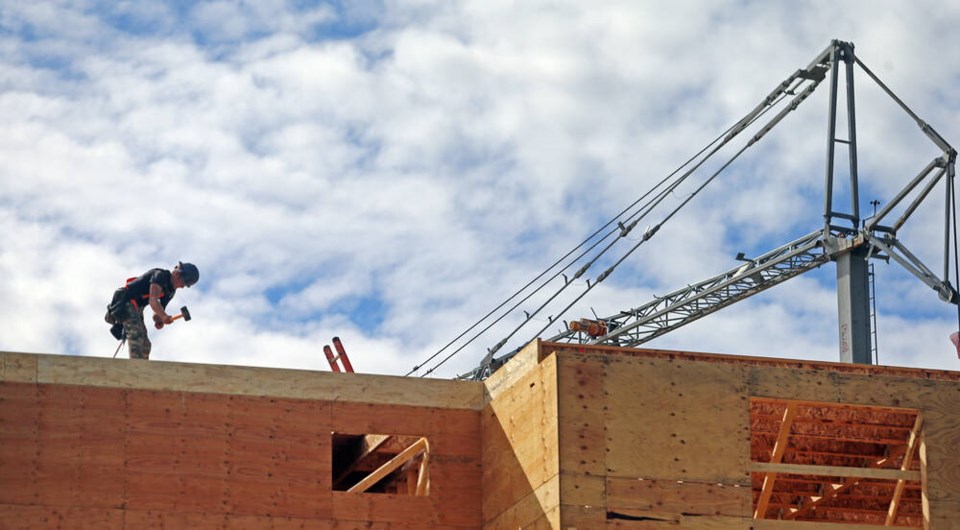A commentary by a Nanaimo resident.
The common refrain, that if we stop building fewer people will move here, requires correction. The basic premise is incorrect: Reducing construction is not unfriendly to newcomers, but is rather unfriendly to resident pensioners, young people and the less well off.
The sentiment is valid: We need to build out services with population growth if we want to maintain Canada’s historic quality of life.
It is important to understand the function of either how the economy functions or Canadian governance.
The first problem is the idea that cities can exercise immigration control by throttling construction. This idea is false and harmful.
Reduced home construction will not stop people from moving to Victoria so long as they can afford to outbid the competition and purchase a home.
Attempting to control population growth through reduced home supply, in effect, allows those with the financial means to displace those without.
Longtime residents who own their property can outlast the surge of home price increases as their property will “ride the wave” of price increases, but their children, fixed income earners and renters will get pulled under and will be forced to leave.
Furthermore, B.C. has an acute shortage of working professionals and tradespeople, from doctors and nurses to builders and delivery drivers. Is it smart to block the people we desperately need from moving here?
The second problem is that of governance, where cities and towns are responsible for new construction, whereas the federal government is in charge of immigration.
Victoria’s birth rate is the lowest in the country at 0.95 births per woman, less than half the rate of 2.1 required to maintain a steady population. Canada as a whole has a birth rate of 1.4, also significantly below the replacement rate.
Canada’s population would shrink rapidly if it were not for immigration.
Both cities and provinces have zero jurisdiction on controlling immigration into Canada or migration within Canada.
Therefore, the rapid population growth seen across Canada is a direct result of federal government policy. If you have a problem with the rate of population growth, write to your MP — Laurel Collins for Victoria, or Randall Garrison for Esquimalt-Saanich-Sooke. Their NDP is propping up the federal Liberals.
This is not an anti-immigration comment. We need immigration just to keep Canada’s population steady. However, the rate of population growth is a choice made by the federal government, which has control of the result within reasonable bounds.
If cities can’t keep up to rapid population growth, the federal government should either help to build out services, or back off their historically aggressive immigration targets.
The “Maybe we’re full, so stop building” thinking has been well tried over the past decade and has gotten us into the mess we are currently in.
This idea makes the cost of living crisis worse, increases homelessness, reduces staffing at hospitals and other businesses, and displaces young people from their cities of birth.
It is time that this idea finally gets put in its place as a knee-jerk reaction to a complex problem; it’s an idea that does more harm than good. Unlike so many problems, this one actually has a solution.
The federal government needs to co-ordinate immigration rates with available services, infrastructure and housing in our cities, or the opposite, but the mismatch needs to be fixed.
>>> To comment on this article, write a letter to the editor: [email protected]



